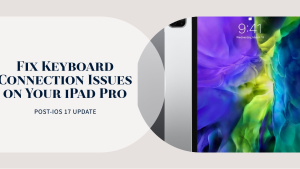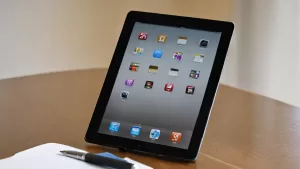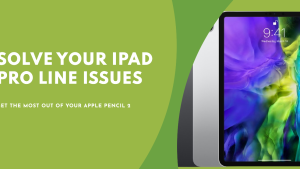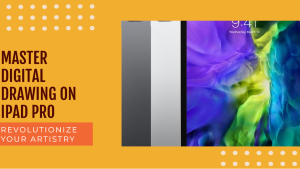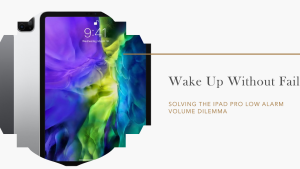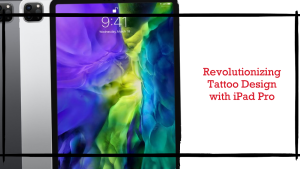Are you considering using an iPad Pro for your forensic science studies? You’re not alone! In this article, we’ll explore the potential of harnessing the power of the iPad Pro in forensic science education. Whether you’re a student or a professional in the field, we’ll discuss the benefits, compatibility with other devices, and its value in college education.
Using the iPad Pro for Modern Forensic Analysis
Forensic science plays a crucial role in upholding justice by applying scientific processes and techniques to gather evidence from crime scenes. However, the traditional paper-based methods used in forensic labs can be tedious and prone to errors. Modern forensic scientists now have an incredible tool at their disposal that can help streamline evidence collection and analysis – the iPad Pro.
An iPad Pro equipped with the latest technology and accessories can transform how forensic scientists work both in the lab and in the field. With its powerful performance, versatile design, and seamless integration with other Apple devices, the iPad Pro opens up exciting possibilities for the future of forensic science.
A Student’s Perspective
The following Reddit post provides insight into how an iPad could benefit a forensic science student:
“iPad for college (forensic sciences). Hello everyone, here is your weekly college-student-wanting-an-ipad related post. I’ve browsed through the subreddit and seen other posts about this and some comments were saying how it depends on the course. Of course that makes perfect sense and that’s why I’m posting this, to ask specifically about my course. But, I’m open to any suggestions even if not related to it.
I was thinking of getting an iPad Air (256gb, 2nd gen apple pencil, magic keyboard) to take forensic sciences. What are you guys’ suggestions?
Would the iPad Pro be better? Would a macbook be better? (I do have a windows laptop already) Is it even worth it for college as a whole? I’ve an iPhone, how well would the iPad work with it? If I buy the Magic Keyboard, would I need to buy a case?”
This student raises thoughtful questions about which Apple device would be most suitable for their forensic sciences coursework. The seamless integration of an iPad with other Apple devices and accessories could help streamline notetaking, assignments, and studying for a forensic sciences student.
The Power of iPad Pro in Forensic Science
The field of forensic science demands precision, efficiency, and adaptability. The iPad Pro is a high-tech tablet that’s incredibly useful for college students studying forensic science. It’s packed with advanced features and powerful hardware that can make your work much easier. From note-taking during lectures to analyzing complex data and conducting research, the iPad Pro can be a valuable tool in your academic journey.
1. Leveraging the Power of the iPad Pro in the Lab
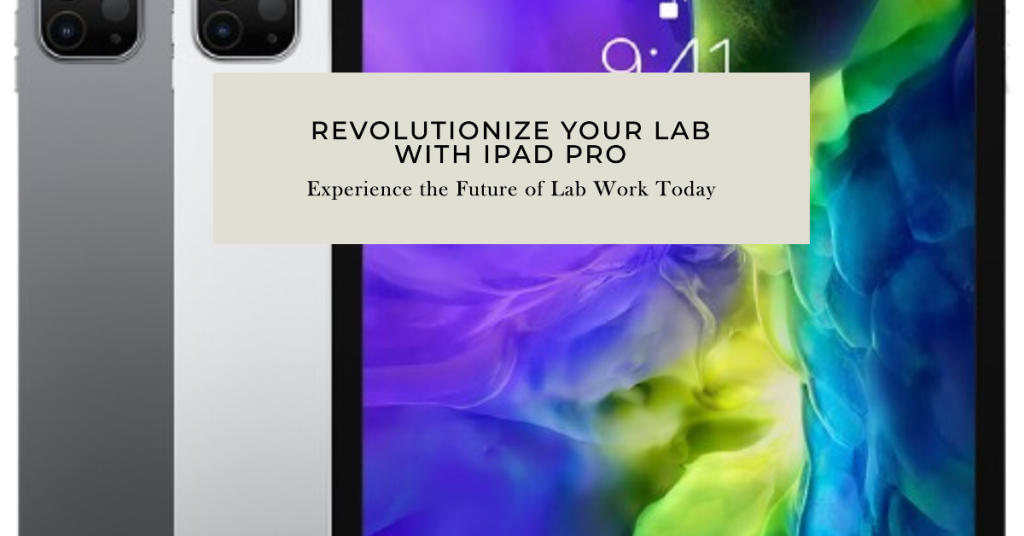
The iPad Pro has several features that make it ideal for use in forensic labs:
- Powerful Performance: With its powerful M1 or M2 chips, the iPad Pro rivals the performance of many laptops. This allows forensic scientists to process complex evidence and analyze large datasets without lag or slowdowns.
- Versatile Design: Featuring a large edge-to-edge Liquid Retina display, slim aluminum chassis, and precision Apple Pencil support, the iPad Pro can function both as a portable tablet and a desktop-class device with accessories like the Magic Keyboard. This versatility makes it suitable for use throughout the forensic workflow from evidence receipt to courtroom presentation.
- Mobile Productivity: Powerful apps like Notability and GoodNotes combined with the Apple Pencil allow forensic scientists to take handwritten notes, annotate digital documents and photographs, and create detailed case reports directly on the large high-resolution iPad Pro display. Bluetooth keyboard support transforms it into a fully-fledged mobile workstation when needed.
- Integration with Mac and iOS Devices: Through continuity features like Universal Clipboard and Handoff, the iPad Pro seamlessly syncs files, documents, and workflow between the iPad, iPhone, and Mac computer. This allows evidence to be securely accessed from any Apple device and shared between forensic technicians both inside and outside the lab.
- Cloud Storage and Collaboration: With iCloud Drive, Dropbox, and other cloud services, case files, evidence logs, and analysis reports created on the iPad Pro can be instantly stored, synced, and shared securely between forensic colleagues both within the same lab and other remote locations. This fosters more efficient collaboration.
2. Streamlining Evidence Analysis
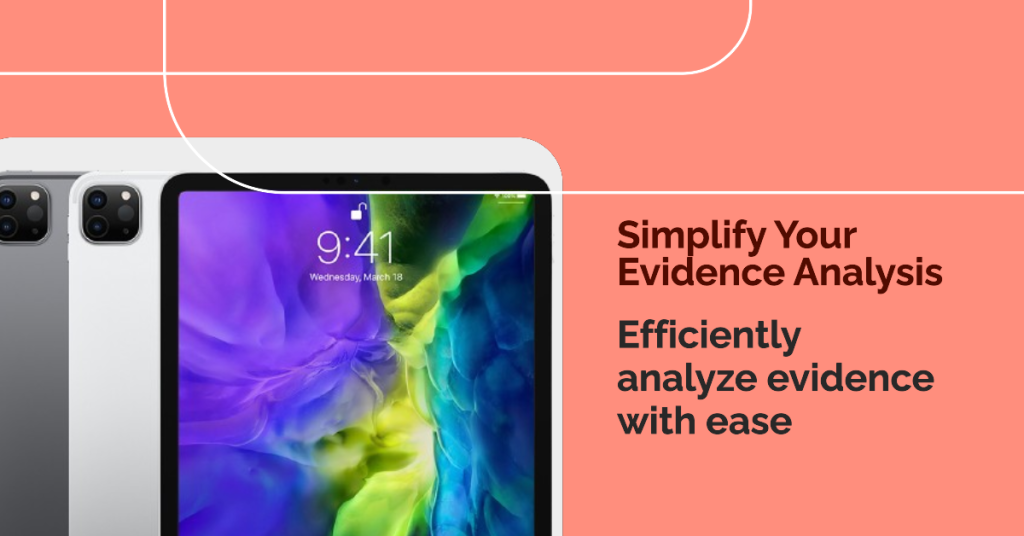
Some key ways the iPad Pro can help streamline evidence analysis processes in forensic labs:
- Digital Evidence Collection: Forensic photographers can use the high-quality 12MP camera along with manual camera apps to photograph crime scenes and evidence, attaching metadata and geo-tags. This digitizes the intake process.
- Finger and Palm Print Capture: Working with an optical sensor accessory, the iPad Pro allows digital capture and processing of prints right at the point of collection. This eliminates manual lifting and processing of prints.
- Tape Lift Digitization: Using the Apple Pencil, technicians can digitally annotatecollected tape lifts directly on the high-resolution Pro display. Measurements, notes, and diagrams can also be added for comprehensive documentation.
- Latent Fingerprint Processing: Apps like Brutus allow running state-of-the-art fingerprint enhancement and matching algorithms directly on processed lifts and photographs captured with the iPad Pro camera.
- 3D Scanning and Documentation: With the LiDAR scanner on newer Pro models, 3D scans of evidence like tool marks, bitemarks, and ballistic trajectories can be captured, 3D printed if needed, and securely stored digitally.
3. Use Cases Beyond the Lab
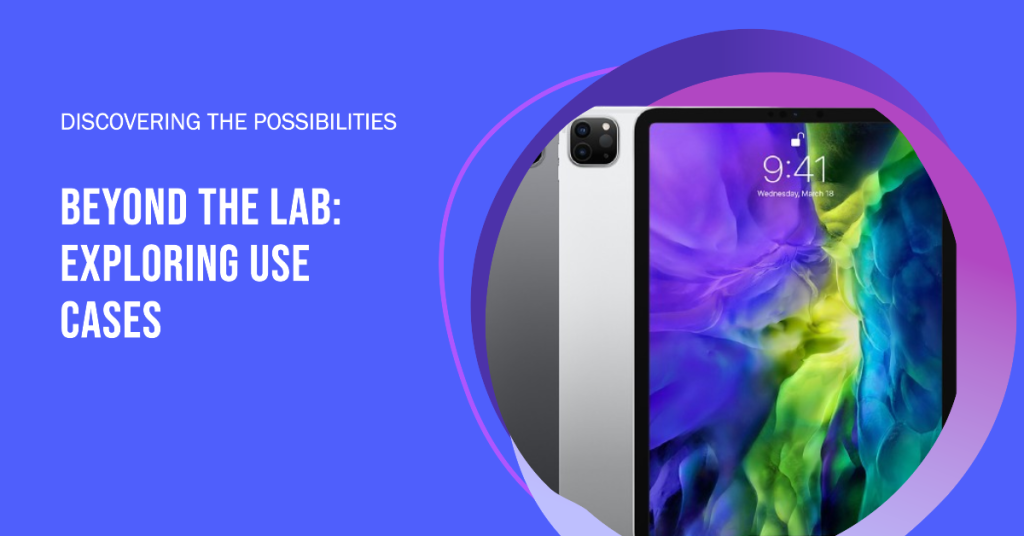
The portability of the iPad Pro also expands its usage for forensic tasks beyond traditional lab settings:
- Crime Scene Investigation: Forensic detectives can use the tablet to photograph, document, and sketch crime scenes, embedding location data. Case files and reference materials are always accessible online.
- Courtroom Presentations: Interactive charts, 3D models, videos, and other digital evidence prepared on the iPad Pro can be presented seamlessly to judges and juries from the courtroom counsel table or witness stand using accessories like the Apple Pencil.
- Forensic Field Work: Ballistics experts, arson investigators, and other field technicians have real-time access to databases, sample libraries and can video conference with lab experts from remote locations using the iPad Pro and cellular connectivity.
- Forensic Education: Students can take hands-on notes, annotate textbooks, and access past case studies from a fully-mobile digital learning station with the power and versatility of the iPad Pro and Apple Pencil.
Key Takeaways
As this article outlines, the iPad Pro is a powerful mobile device that opens up exciting new possibilities for modernizing workflows, streamlining processes, and enabling new use cases across various areas of forensic science. When coupled with its seamless integration capabilities and versatile form factor, the iPad Pro could emerge as an invaluable tool for both practicing forensic professionals as well as students of this promising field. With its transformative potential now well established, many more forensic laboratories may increasingly look to adopt and leverage the iPad Pro in years to come.
